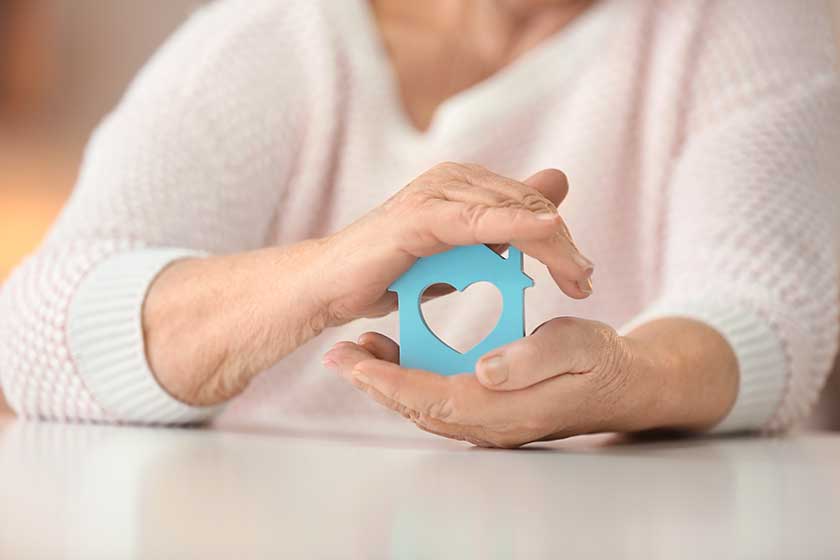If your loved ones are staying alone or are not supervised regularly by a caregiver, it’s important to make sure that the home is a safe and secure environment. According to statistics by the Centers for Disease Control and Prevention, the majority of fall injuries on older people take place inside the home and 35% of older adults suffer injuries in their homes at least once a year. Considering that older people have a higher risk for severe injuries, the space should be designed in a way to prevent physical harm from occurring. We recommend assessing the living conditions before following these home safety tips for your loved ones.
Reduce Fall Hazards
Slips and falls are the most common cause of injury among older adults. In fact, out of all the hip fractures reported, more than 90% resulted from falls. Falls can be incredibly dangerous as the injury ranges from minor cuts and bruises to serious ones like brain damage, which can be fatal. To ensure that your loved ones will not slip easily, you can make the home fall-safe with these few methods:
- Placed slip-resistant mats and rugs, particularly in the kitchen and bathroom
- Design an open-space concept, which allows more access for loved ones who are using a wheelchair or walker
- Declutter any mess and discard any items that are no longer in use
- Organize extension cords by taping them to the walls
- Encourage loved ones to wear anti-slip footwear in the house
- Ensure the house is well-lit at all times
- Install smoke detectors
- If possible, do not install space heaters in the home
Safety-Proof the Bathroom
Due to the potential presence of puddles forming, the bathroom is one of the most hazardous areas in the home. Listed below are ways you can achieve a safer bathroom for your loved ones:
- Install grab bars in the shower cubicle, bathtub, and beside the toilet
- Opt for a walk-in bathtub instead
- Place a handheld showerhead as it can be easily adjusted to any height
- Position a special bathing chair in the bathtub
- Replace a traditional toilet seat with a raised one
- Install nightlights, so that your loved ones can see their way while entering the bathroom at night
- Control the water temperature by setting the thermostat to less than 120° F
Other Safety Tips
In general, it requires a certain degree of street smarts to be safe when staying alone. This applies to your loved ones as well. If your loved ones are diagnosed with dementia or other memory-related conditions or tend to forget things easily, we recommend reminding them of these safety instructions frequently.
- Install a peephole in the front door
- Make sure that the windows and doors are closed at all times
- Keep emergency numbers handy, specifically of the police, the fire department, family members, caregivers, and medical personnel
- Remind your loved ones never to open the door to strangers and do not share any personal information
- To provide that extra layer of security, consider installing medical alert devices and smart home applications







